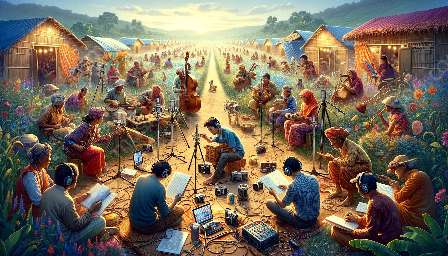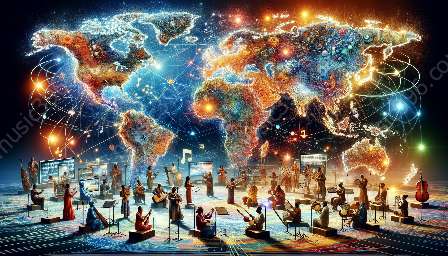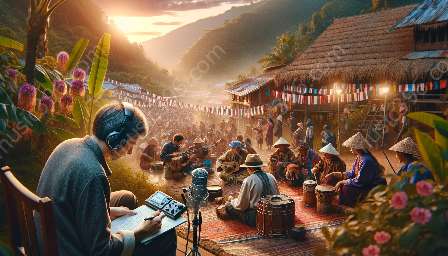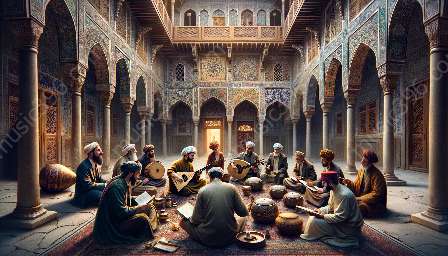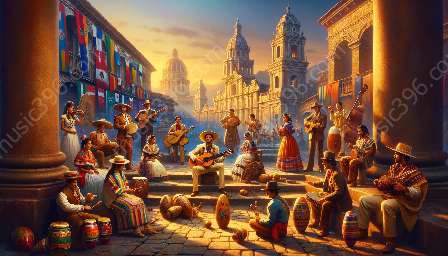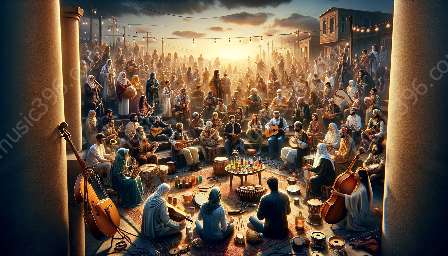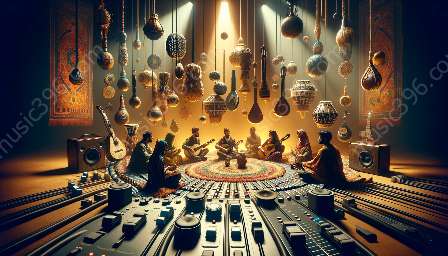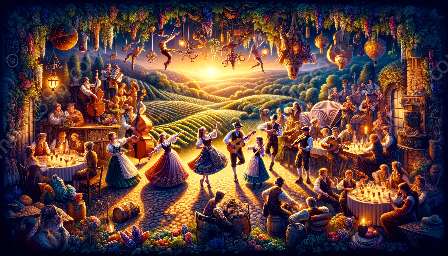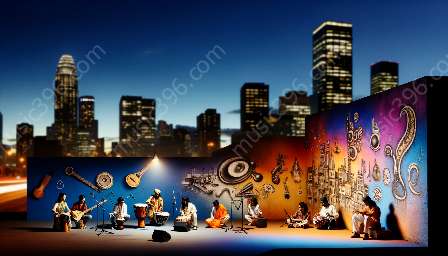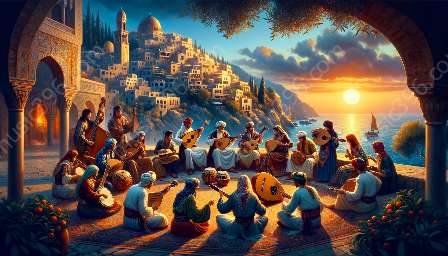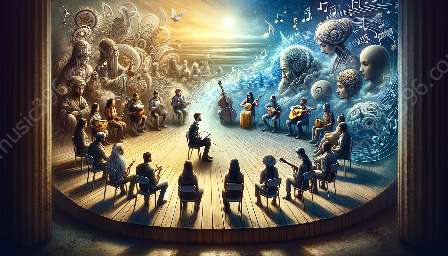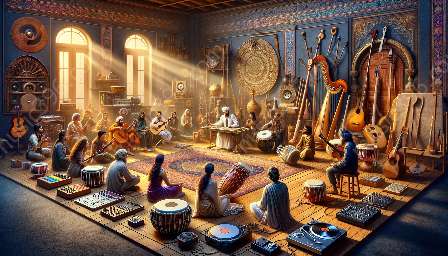Music has always played a significant role in cultural resistance, serving as a powerful tool for expressing dissent, preserving language, and embracing cultural identity.
The Relationship Between Music, Language, and Culture
Music, language, and culture are deeply intertwined, shaping and influencing each other in profound ways. As a form of cultural expression, music often serves as a vehicle for preserving and celebrating language and cultural traditions. Through its rhythms, melodies, and lyrics, music becomes a pivotal element in reinforcing and transmitting cultural values and narratives.
Within the context of cultural resistance, language plays a crucial role in music, as artists utilize their native tongues to convey messages of defiance, solidarity, and resilience. By incorporating native languages into their music, artists not only resist cultural assimilation but also assert their cultural identity, promoting linguistic diversity and resistance against linguistic imperialism.
The Role of Ethnomusicology
Ethnomusicology, the study of music within its cultural context, provides essential insights into the intricate connections between music, language, and cultural resistance. Ethnomusicologists delve into the ways in which music serves as a form of cultural resistance, shedding light on how musical expressions are utilized as tools for challenging cultural hegemony, social injustice, and political oppression.
Through their research, ethnomusicologists examine how music reflects and shapes cultural identities, documenting the ways in which musicians leverage their artistry to confront and resist dominant cultural narratives. By delving into the historical and contemporary manifestations of musical resistance, ethnomusicology enriches our understanding of the complex interplay between music, language, and cultural dynamics.
Music as a Catalyst for Cultural Resistance
Music has been a catalyst for cultural resistance throughout history, manifesting in diverse forms such as protest songs, revolutionary anthems, and underground movements. Artists use music as a means of amplifying marginalized voices, challenging oppressive regimes, and fostering a sense of belonging within disenfranchised communities.
Language, being an integral component of cultural identity, is intricately woven into the fabric of resistance music. By utilizing indigenous languages, dialects, and vernacular expressions, musicians assert their cultural pride and resistance against linguistic erasure, reclaiming and preserving their linguistic heritage amidst cultural homogenization.
Music, Language, and Cultural Revitalization
In addition to resistance, music serves as a force for cultural revitalization and preservation. Through music, language and cultural traditions are upheld and rejuvenated, ensuring their perpetuation across generations. Folk songs, traditional music, and language-infused lyrics serve as reservoirs of cultural knowledge, transmitting stories, rituals, and historical narratives that embody the essence of a community's cultural resilience.
Ultimately, the nexus of music, language, and culture within the realm of resistance reflects the enduring power of artistic expression to uphold cultural diversity, challenge hegemonic forces, and nurture a sense of belonging and solidarity.


